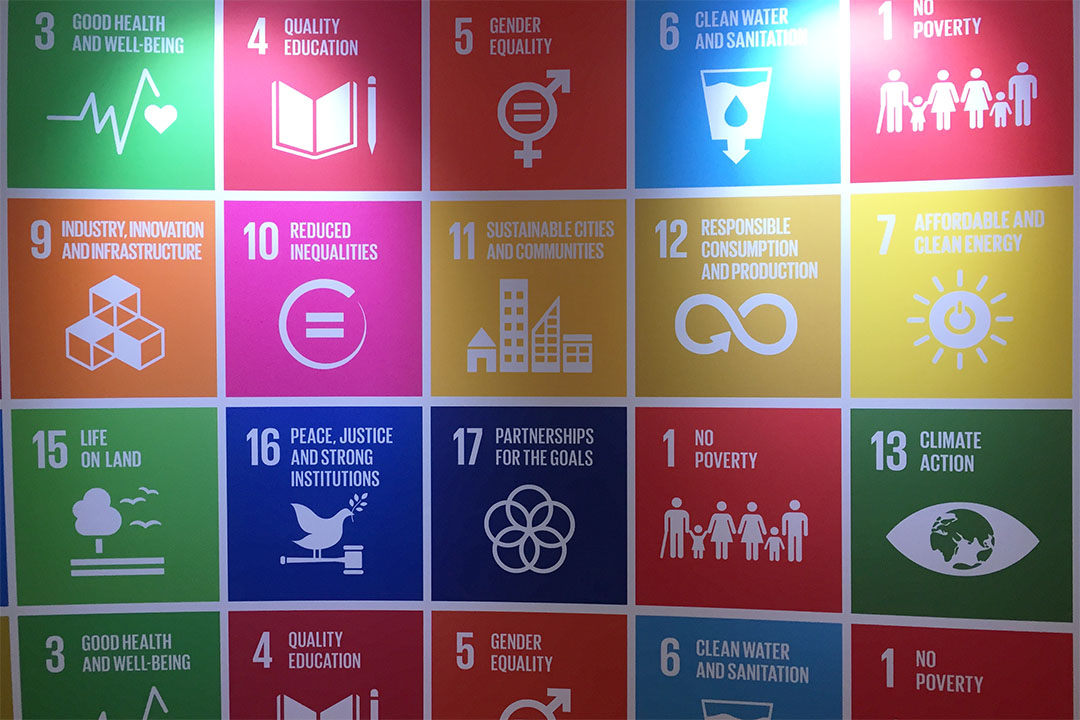16 October 2017: Companies have made measurable progress in sustainability reporting, according to a study published by the World Business Council on Sustainable Development (WBCSD). The report examines 157 companies from over 20 sectors and 35 countries and finds positive progress in corporate reporting and disclosure and in increased digital reporting.
The report titled, ‘Reporting matters: Striking a balance between disclosure and engagement,’ provides good practice examples and general trends and benchmarks over the past five years to help companies share insights across sectors for collective improvement. The report addresses a number of technical disclosure issues, including updates on the status of human rights and Sustainable Development Goal (SDG) reporting; expansion of disclosure requirements; and collaboration between the WBCSD and the Committee of Sponsoring Organizations of the Treadway Commission (COSO) on risk management. The report also discusses recommendations of the Task Force on Climate-related Financial Disclosures (TCFD), which aims to develop voluntary, consistent climate-related financial risk disclosures for use by companies in providing information to investors, lenders, insurers and other stakeholders.
WBCSD CEO and President Peter Bakker emphasized that the report illustrates a trend toward online and integrated reporting and mainstreaming such reporting; and efforts to position sustainability at the “heart of corporate governance, financial and risk management.” He said such trends highlight progress towards transformative change, which is critical to achieving the SDGs.
Six percent of corporate sustainability reports have aligned their strategy and targets to specific target-level SDG criteria and measured their contributions to specific SDGs.
On SDG-related findings, the report describes pilot criteria assessing company reports to gauge alignment between strategy, performance and the SDGs. The study finds that 79 percent of company reports acknowledge the SDGs in some manner, 45 percent of reports have aligned their sustainability strategy to goal-level SDG criteria; and six percent of reports have aligned their strategy and targets to specific target-level SDG criteria and measured their contributions to specific SDGs.
On human rights, 91 percent of companies state their commitment to respect human rights, and 75 percent provide details on mechanisms to identify and assess adverse human rights risks and impacts across the value chain.
Other findings include that: while 74 percent of companies improved their overall score compared to the baseline year of 2013, they still face pressure to report on an increasing number of disclosure requirements, while meeting the needs of an increased variety of stakeholders; 44 percent of company reports include online content; 34 percent combine financial and non-financial information, with 22 percent specifically citing the International Integrated Reporting Framework; the most widely used set of reporting guidelines and standards is the Global Reporting Initiative (GRI); and 27 percent say executive compensation is tied to sustainability metrics in some way.
‘Reporting matters,’ currently in its fifth edition, is an annual review of sustainability reports of WBCSD member companies. [WBCSD News Story] [Reporting Matters 2017 Landing Page] [Publication: Reporting Matters 2017] [TCFD Recommendations]
